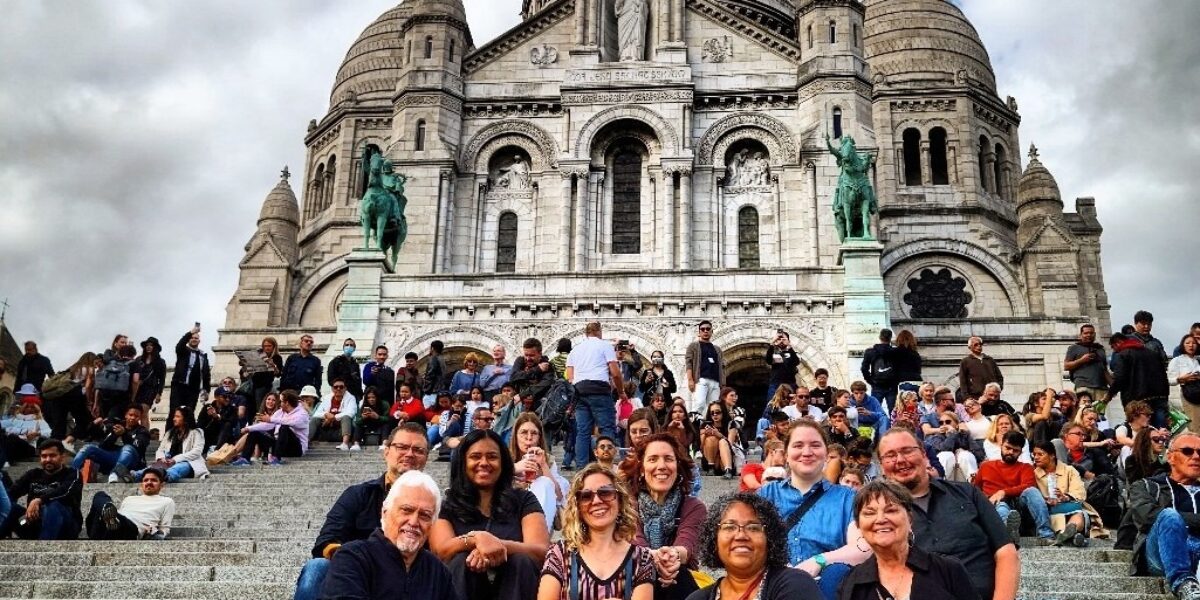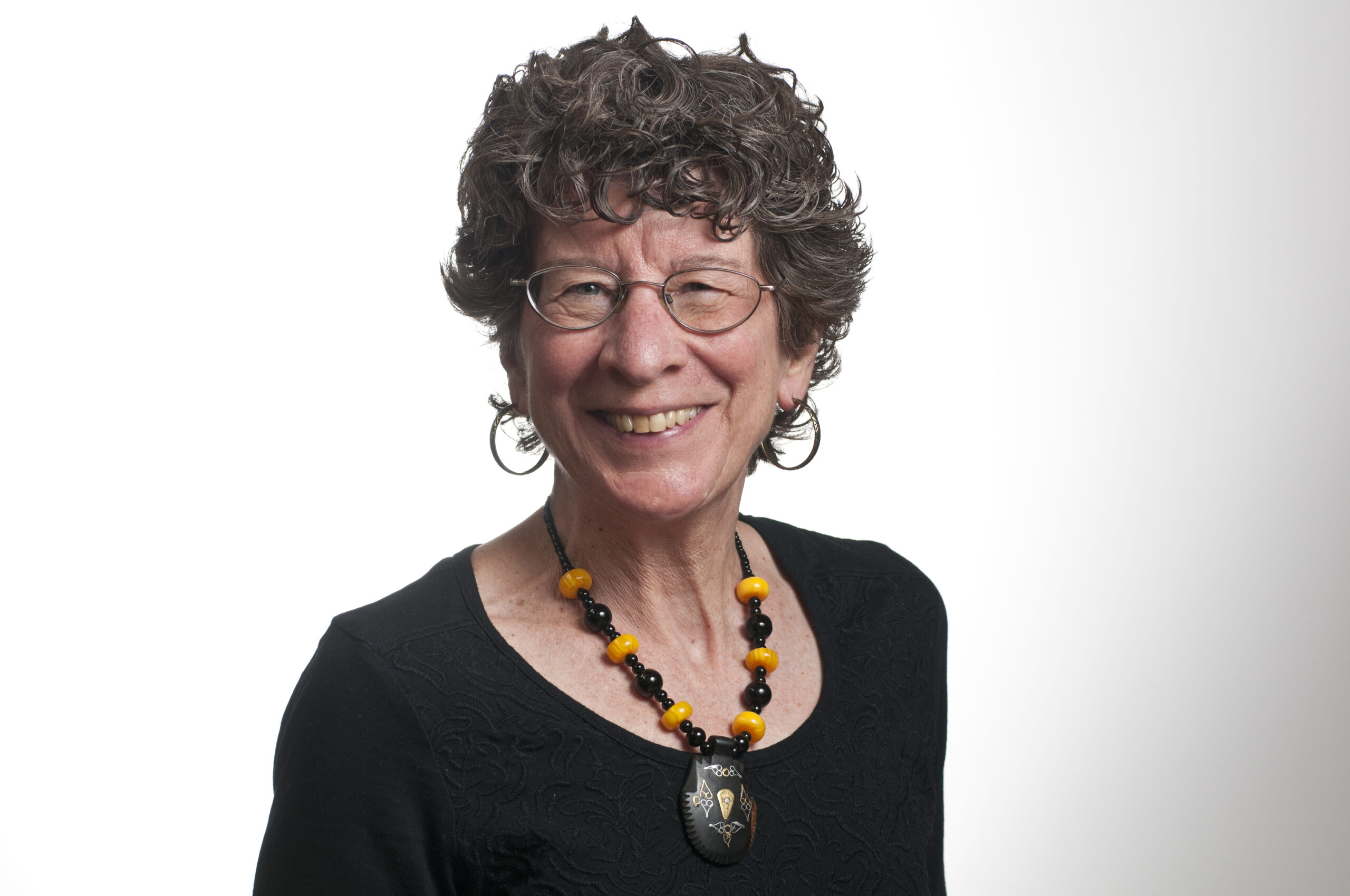Experiencing the vitality of religious faith in Paris, France, North American pastors and mission administrators were able to learn new ways to address the secularization of their own communities.
Paris Mennonite Center (PMC) sponsored a learning fellowship visit for its supporters, Sep. 16-26, to give them a deeper understanding of its ministries in France and throughout the French-speaking world. James and Jeanette Krabill, who were long-time workers with Mennonite Mission Network, co-hosted the visit with their son and daughter-in-law, Matthew and Toni Krabill, who are currently serving with Mission Network as co-directors of the Paris Mennonite Center. The elder Krabills served for 20 years in West Africa, and James was a Mission Network administrator for 20 more years, before retiring from full-time employment in 2017.
The two-generation Krabill hosting team welcomed three participants from Ohio congregations — members of Matthew and Toni Krabill’s ministry support team — and two Mission Network staff persons who took a deep dive into the vibrant spiritual life of "post-Christiandom" Paris, often described as one of the most secular cities in the world. Paula Snyder Belousek, a former Mission Network Service Adventure leader and pastor of Salem Mennonite Church in Elida, Ohio, was joined by Erin and Hank Unruh of Salem Mennonite Church in Kidron, Ohio, where Hank Unruh pastors. Erin Unruh is a pharmacy technician. Marisa Smucker, Mission Network’s senior executive of ventures, and Kayci Detweiler, Mission Network’s divisional coordinator of advancement, were also able to experience first-hand the ministries for which they provide administrative support.
The group took in some of the iconic Paris destinations — the Eiffel Tower, Notre Dame cathedral, the Sacre Coeur (Sacred Heart) Basilica and the Latin Quarter, but conversations with religious leaders were interspersed throughout this more standard tourist fare. They met with French Mennonite leaders, members of the Muslim community, and professors of French church history and secular culture.
"All of these people make up the religious landscape present in France today," James Krabill said. "All of their [perspectives] are important for understanding how God is at work in this part of God’s world."
For Snyder Belousek, some of the trip’s highlights were learning about the collaborative efforts between French and North American Mennonites, especially Domaine Emmanuel (now known as AEDE), an organization that provides housing and a sheltered workshop for people with developmental disabilities and mental health needs. This ministry was started by French Mennonites at a time when these services were rare in France.
"This was of special interest to me, because my first career was working with adults with developmental disabilities in Mennonite-affiliated organizations in the United States," Snyder Belousek said. "We also worshipped with the Chatenay-Malabry Mennonite Church, a beautiful example of a multi-ethnic community, where people from a variety of backgrounds form a Christian community against the backdrop of a secular society."
Participants in the learning fellowship visit agreed that they had plenty of good food, a lot of fun, and they made many new friends. They all said that the experience helped them return to their home communities with strengthened resolve to participate in God’s reconciling mission in the places where God has planted them.








